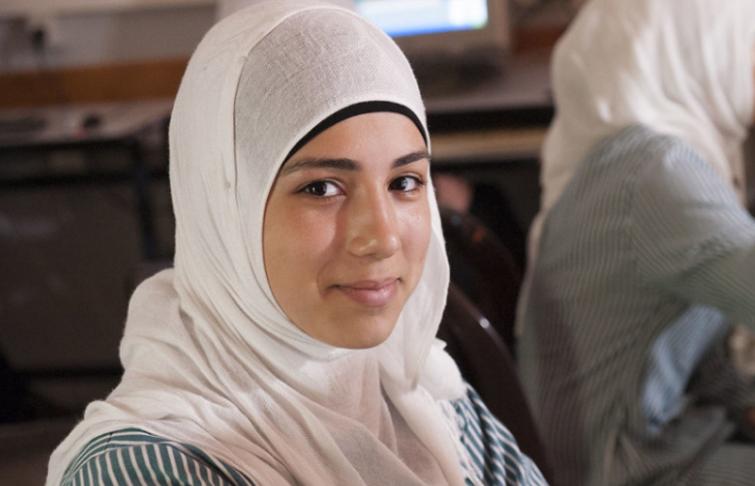
$683 million appeal to deliver reproductive health services, where they’re most needed
New York/IBNS: With more than half of all maternal deaths occurring in countries affected by humanitarian crises and fragility, the UN Population Fund (UNFPA) is calling for greater international support to provide life-saving reproductive health and protection services in these locations.
The sexual and reproductive health agency has launched a $683 million appeal this year to assist nearly 48 million women, girls and young people in 57 countries affected by conflict or natural disasters.
In 2019, we reached 7.3 million women with sexual and reproductive health services in 54 countries.
“Women and girls pay a high price in conflicts that they had no role in creating. It is time to prioritize their rights, safety and dignity in humanitarian action. During crises and conflict, violence against women and girls is staggering”, said Dr. Natalia Kanem, UNFPA Executive Director.
“Women do not stop getting pregnant and having babies when crisis strikes. We must provide them with the services and the support they need.”
UNFPA’s Humanitarian Action 2020 Overview outlines how women and girls face unique challenges during humanitarian disasters, including increased risk of death from complications of pregnancy and childbirth, and increased risk of gender-based violence (GBV).
Through the plan, UNFPA and its partners will provide life-saving sexual and reproductive health supplies and services, prevention and response to gender-based violence, and mental health and psychosocial support.
A “lifeline” for women and girls in Yemen
More than $100 million of the funding will go to Yemen, where nearly 80 per cent of the population requires humanitarian assistance due to the ongoing conflict. This includes over half a million pregnant women in need of antenatal care, skilled birth assistance and nutritional support.
Dr. Afrah Thabet, a Yemeni obstetrician stationed with UNFPA in the country, reported that only 50 percent of all health facilities are functioning, and of that number, only 37 percent provide reproductive health services.
She said the UN agency serves as a “lifeline” for millions of women and girls there as it is the sole provider of lifesaving reproductive health supplies and medicines.
Dr. Thabet explained that as conflict continues, many women and girls have been displaced and thus vulnerable to gender-based violence.
“In the absence of support, women and girls are readily becoming vulnerable to negative coping strategies such as child marriage, child labour and human trafficking,” she said.
“UNFPA is leading the coordination and provision of gender-based violence services throughout Yemen as chair of the GBV sub-cluster. More than 250,000 women were provided gender-based violence services in 2019, through 40 safe spaces, six shelters and three specialized mental health centres.”
Last year, UNFPA reached over 19 million people in more than 60 countries. More than seven million women received sexual and reproductive health services, including antenatal and postnatal care, emergency obstetric and newborn care, and the clinical management of rape. Another 2.4 million people obtained voluntary family planning services.
Said Dr. Thabet: “We hope that in 2020 we are able to do more to ensure the reproductive health and protection needs of women and girls in Yemen; and to see that every women and girl in Yemen is able to live in peace and realize her full potential and dreams. This too is my hope and dream.”
Photo caption and credit:
UNFPA/Lauren Anders Brown
Dr. Natalia Kanem, Executive Director of the UN Population Fund (UNFPA), attends a focus group discussion with women in Bangladesh.
Support Our Journalism
We cannot do without you.. your contribution supports unbiased journalism
IBNS is not driven by any ism- not wokeism, not racism, not skewed secularism, not hyper right-wing or left liberal ideals, nor by any hardline religious beliefs or hyper nationalism. We want to serve you good old objective news, as they are. We do not judge or preach. We let people decide for themselves. We only try to present factual and well-sourced news.







